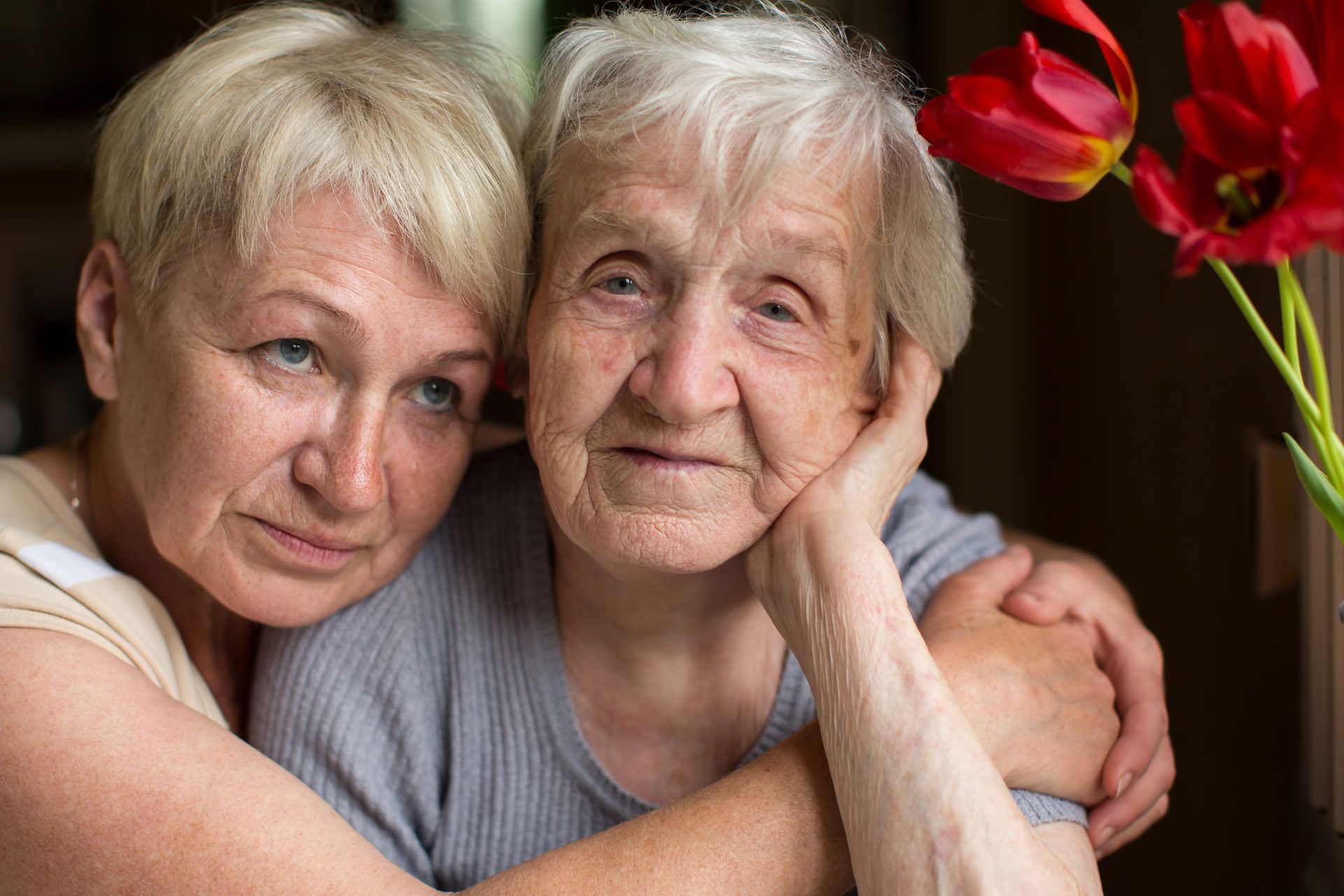
Living well with dementia, laughing
Dementia impacts close to half a million Australians. It’s the number one disability for people aged over 65 in this country. Worldwide there’s a new case every seven seconds.
Loss of memory, confusion, disorientation, agitation, personality changes, anxiety, depression and intellectual decline, tremors, balance, walking, swallowing, speaking – dementia is a cruel brain disorder, a progressive robber of all abilities.
Clearly dementia, of which is Alzheimer’s disease is the most common form, is nothing to laugh about.
So why was I invited this week to talk at Redcliffe Library? My presentation was part of a Moreton Bay Regional Council Libraries and Moreton Bay Dementia Alliance partnership ahead of Dementia Action Week.
In talking about laughter yoga, I was giving those with the diagnosis of dementia, and their caregivers, a new angle on living well with dementia.
You see, there’s a lot of scientific research pointing to laughter yoga’s effectiveness as a therapeutic exercise for people with dementia.
Laughter yoga is not about jokes or punchlines. That’s what makes it an ideal therapeutic activity for people who cannot comprehend humour due to loss of cognitive ability.
It’s what makes laughter yoga ideal for people who are ‘not in the mood’ to laugh too.
Benefits of laughter yoga for people with dementia
What’s more, laughter yoga ticks the boxes as an exercise regimen or activity sought out for people diagnosed with dementia:
- Laughter yoga is pleasurable and purposeful.
- Laughter yoga keeps mind and body active.
- Laughter yoga winds back stress.
- Laughter yoga boosts social contact and connection.
In short, laughter yoga helps improve quality of life.
Laughter yoga helps increase the net supply of oxygen to brain cells, thereby improving brain function.
Laughter yoga also enables certain ‘feel good’ chemicals to be released, helping elevate mood and lift depression.
The playful movement involved – even seated – is gentle cardio and belly laughter serves as internal jogging.
Australian research published in The Australasian Journal of Ageing noted improvements in blood pressure, pulse and mood, and went so far as to recommend laughter yoga’s inclusion as a regular activity in aged care residential facilities’ wellness programs. Read the research.
Evidence-based studies overseas have shown laughter helps improve memory by winding back stress hormones.
Then there’s published research from Japan investigating the effects of laughter yoga on oral functions in older people with dementia. Although this research found little improvement in the swallow function, it noted improvement in poor motor function of lips and tongue, and says more research is warranted.
Laughter yoga for carers
But wait, you don’t need to have a diagnosis of dementia to do laughter yoga! It’s for all abilities and ages – and popular as a stress management tool.
Dementia impacts on those providing the care and support – particularly unpaid family carers. Perhaps you’re among the estimated 1.6 million Australians involved in caring for someone with dementia. You’re on a roller-coaster ride too. I know some of my friends and clients just want to scream (or have a stiff drink or three) from being constantly shadowed, or dealing with late afternoon confusion and agitation, known as sun-downing. All that stress is no good for your health either.
The fact that laughter yoga is fun and effective in addressing stress, mood and energy levels is why Carers Queensland, for example, has included regular online sessions in its carer wellness program for more than 12 months.
Intrigued and want to learn more about laughter yoga?
Along with online laughter yoga sessions (great for family members; not so for those with the diagnosis of dementia), there are a number of options for experiencing laughter yoga. Trained laughter leaders volunteer to run ‘community laughter clubs’. Find out details of those clubs in Queensland at this link.
Weekly, fortnightly or monthly aged care laughter yoga sessions in residential facilities are a popular and fun exercise addition to residents’ wellbeing programs. Increasingly, aged care residential facilities are investing in their staff’s training in aged care laughter yoga techniques so that they can casually administer ‘doses’ as required. You can find out details here. I welcome enquiries.
(c) 2021 Heather Joy Campbell
Former medical reporter Heather Joy Campbell is a certified laughter yoga teacher/trainer, based in south-east Queensland who delivers workplace, aged care and community laughter yoga sessions, trains people in skills to lead laughter sessions and delights raising awareness of evidence-based benefits of laughing for wellbeing.